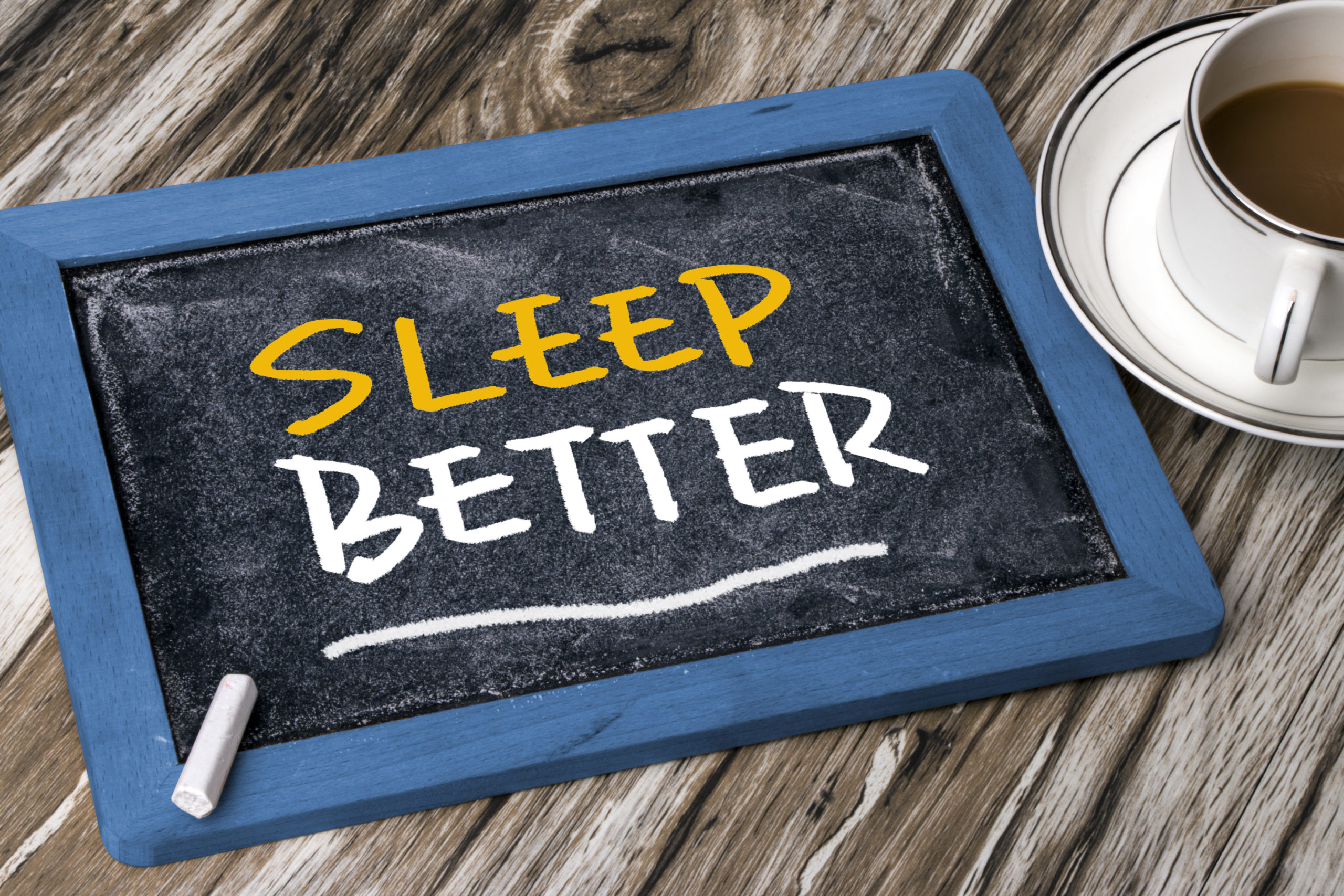
Every year one in four Americans will develop acute insomnia (up to three months of symptoms) while 10-30% experience chronic insomnia. At least 36 states have medical marijuana programs, many of which list insomnia as a qualifying condition to become a patient. So how does cannabis help you sleep and why?
Every person has a sleep/wake cycle known as circadian rhythm. Studies have shown that “the endocannabinoid system is involved in the regulation of the circadian sleep-wake cycle, including the maintenance and promotion of sleep” (Bonn-Miller et al). When your sleep cycle is disrupted it throws the endocannabinoid system out of balance, which interferes with the normal operation of other systems. This can have an affect on mood, focus, and energy levels.
The endocannabinoid system is responsible for homeostasis, the equilibrium between interdependent systems of the body. It sends signals to the brain when systems are out of balance. For example, pain is a signal sent by the endocannabinoid system to let your brain know that the body has been damaged in some way and requires healing. When someone ingests or inhales cannabis, cannabinoids like THC are activated and bind to CB1 and CB2 receptors in the endocannabinoid system.
When considering what types of cannabis products can help you sleep, the most important factors to consider are the cannabinoids THC, CBD, and CBN as well as terpenes.
Studies have shown that CBD, THC, and CBN are able to help you get to sleep depending on the dosage. Generally speaking, low doses of THC and high doses of CBD have been shown to promote sleep. With THC being psychoactive, higher doses tend to be stimulating and may keep you awake. CBD on the other hand is non psychoactive and tends to be more stimulating in lower doses and has a sedative effect in higher doses.
CBN, short for cannabinol, is another compound found in cannabis that offers numerous benefits. Like CBD, CBN is non-psychoactive so it will not give you a “high” or “stoned” sensation when used. It’s known to make users feel drowsy, especially when used alongside THC.
Terpenes are aromatic compounds found in a variety of plants but are often associated with cannabis as cannabis plants have them in high concentrations. Although most terpenes do not bind to endocannabinoid receptors, they do bind to receptors that interact with the endocannabinoid system. According to research “terpenes such as αPinene, myrcene, and phytol, limonene [are] thought to act on…sites of action that have been related to sleep regulation” (Modino et al).
With a wide variety of cannabis products available, you can find an option that works best for you. Tinctures are a great place to start for beginners. Each bottle is measured to have an exact cannabinoid content for ease of dosing with a glass dropper. This allows you to portion out your desired dose of THC, CBD, CBN, or a combination thereof.
Edibles are similar to tinctures in that they are accurately dosed out so you know exactly how much cannabinoid content you are taking in. Edibles also come in the greatest variety of types. From chocolate bars and gummies to cookies or brownies, there’s a whole world of tasty treats that can help you get the rest you need while satisfying your taste buds.
Transdermal patches are a great passive way to help you intake cannabinoids to help you get to sleep. Cannabis patches work just like any other transdermal patch, you simply wear them continuously for up to 12 hours. This is helpful for a continuous release of a small dose which can help you stay asleep through the night.
Keep in mind that everyone has their own unique endocannabinoid system and not everyone will experience the same effects when using the same thing. Until you are familiar with how your body tends to react to various levels of THC, CBD, or particular terpenes, it’s best to start with lower doses.